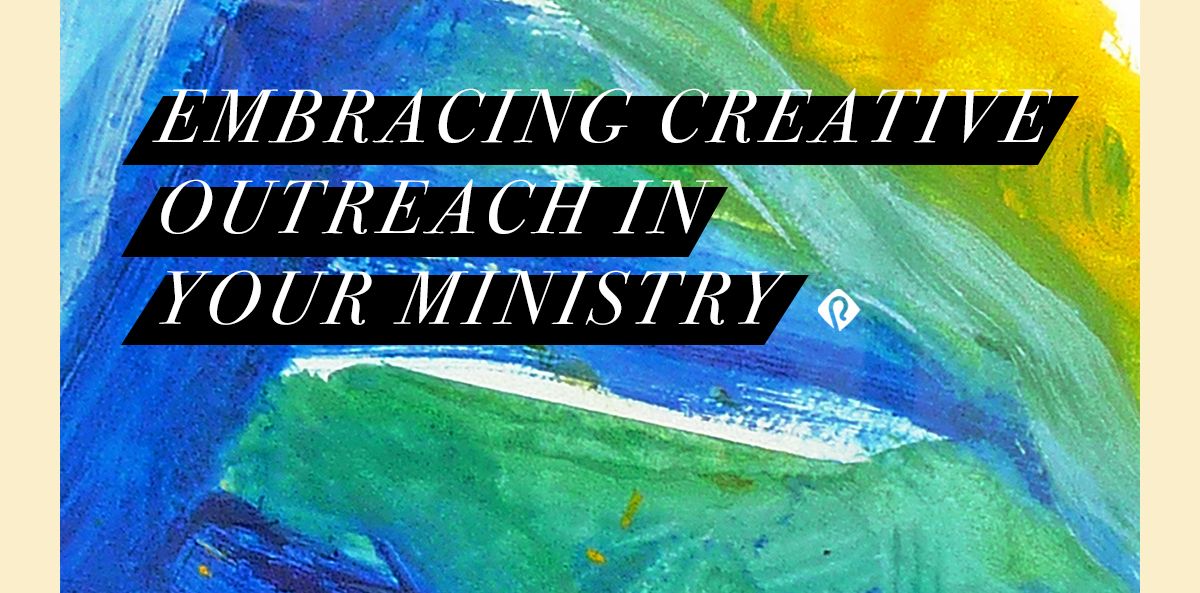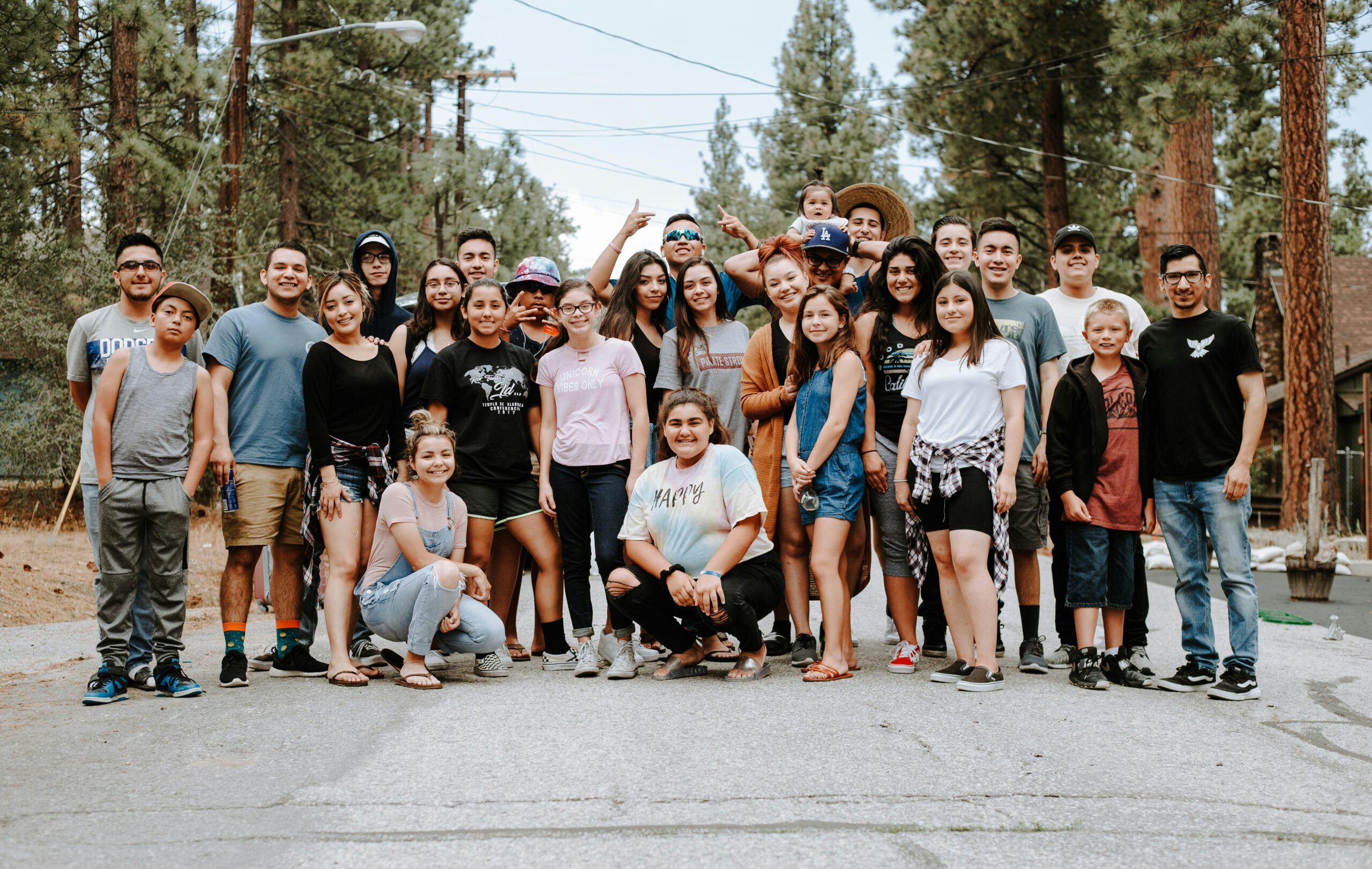Evangelism
What I’ve Learned About the Power of Music

I can tell you who your church is reaching right now without ever visiting your church.
I just need to hear your music.
Music is the number one positioning factor in your church. No music reaches everyone, but every style of music will reach someone. The kind of music you use will greatly impact who you reach.
Music is a powerful tool for evangelism. Psalm 40:3 says,
“He has given me a new song to sing, a hymn of praise to our God. Many will see what he has done and be amazed. They will put their trust in the LORD”
(Psalm 40:3 NLT).
Early on in my ministry, I devalued music, but that has changed. Over my decades in ministry, I’ve learned many important lessons about music and its power to impact people toward the Gospel. I’ve often learned these lessons the hard way, but now I want to share them with you.
Here are six of the most important lessons I’ve learned about music.
Preview all your music. You don’t want to have to resurrect a service after a poorly chosen song. I can tell you all kinds of stories that happened early on in my ministry before I made this a rule. You don’t want to repeat my mistakes.
As you’re previewing songs, ask these questions.
— Is this song doctrinally sound?
— Is it understandable to the unchurched?
— What is the purpose of the song?
— Who is the target?
— How does it make a listener feel?
Speed up the tempo on your opening songs. Don’t start with a slow song. If you want to celebrate God’s presence, start with something that makes people really want to move!
You want the first song to be catchy so people can’t just stand there and listen. Instead, they’ll sing along and move.
Edit archaic or religious terms that people don’t understand right away. You don’t want to edit the theology. You want to write good theology to new tunes. There are many old hymns that have great theology, but people today don’t know what the song is saying.
But don’t limit your edits to just older songs. Sometimes even contemporary songs have words people don’t understand. Always be conscious of the words you’re asking people to sing.
Find the right balance in the number of songs. Too many and too few can be a problem. I love worship, but I don’t want to do a 30- or 40-minute music set in a service where I’m trying to bring my non-Christian neighbors. Non-Christians don’t like to sing songs they don’t understand to tunes they don’t know with a meaning they find confusing.
Plus, most of the time you’re encouraging non-believers to sing songs they aren’t ready to sing. They can’t honestly sing, “I love you, Lord.” That’s not where they are spiritually. The smaller your church is, the more important this is. In a bigger church, that unchurched person can hide and not sing. That’s harder in smaller churches.
Use music for the heart, not art. Worship teams sometimes feel pressure to copy the most popular songs of the moment. But good music doesn’t expire after a few weeks. Resist limiting your repertoire to just the latest top hits. Include songs that connect with people’s hearts, whether written last year or decades ago.
Remember, the goal isn’t performing complex musical arrangements but rather communicating truth in a way people understand.
Sing music that helps spiritual seekers encounter God, not just music that impresses the audience.
Encourage your members to write their own songs. There’s nothing wrong with singing the old songs, but I think it’s important that we’re regularly writing new ones. If all you have is new, you have no roots. If all you have is old, you have nothing happening today.
New songs are a sign that God is doing something new. Every single spiritual awakening in history has been accompanied by new music. I think that’s one reason Psalm 96:1 urges us: “Sing a new song to the LORD!” (NLT).
Music is one of the most influential forces in our culture today. God has given us this incredible medium to shape hearts and lives for Christ. While styles come and go, music remains a precious resource for reaching people and teaching truth.















